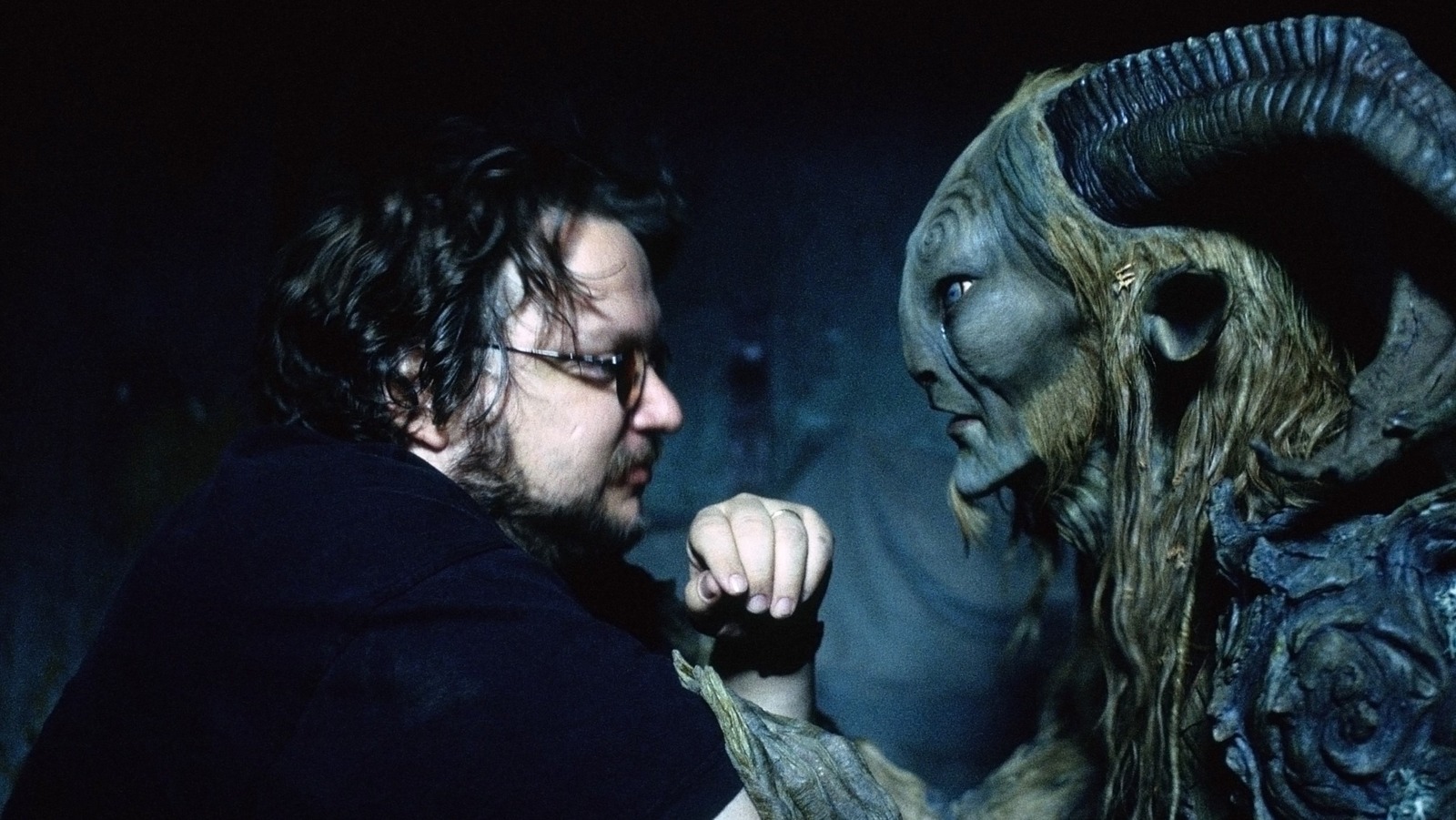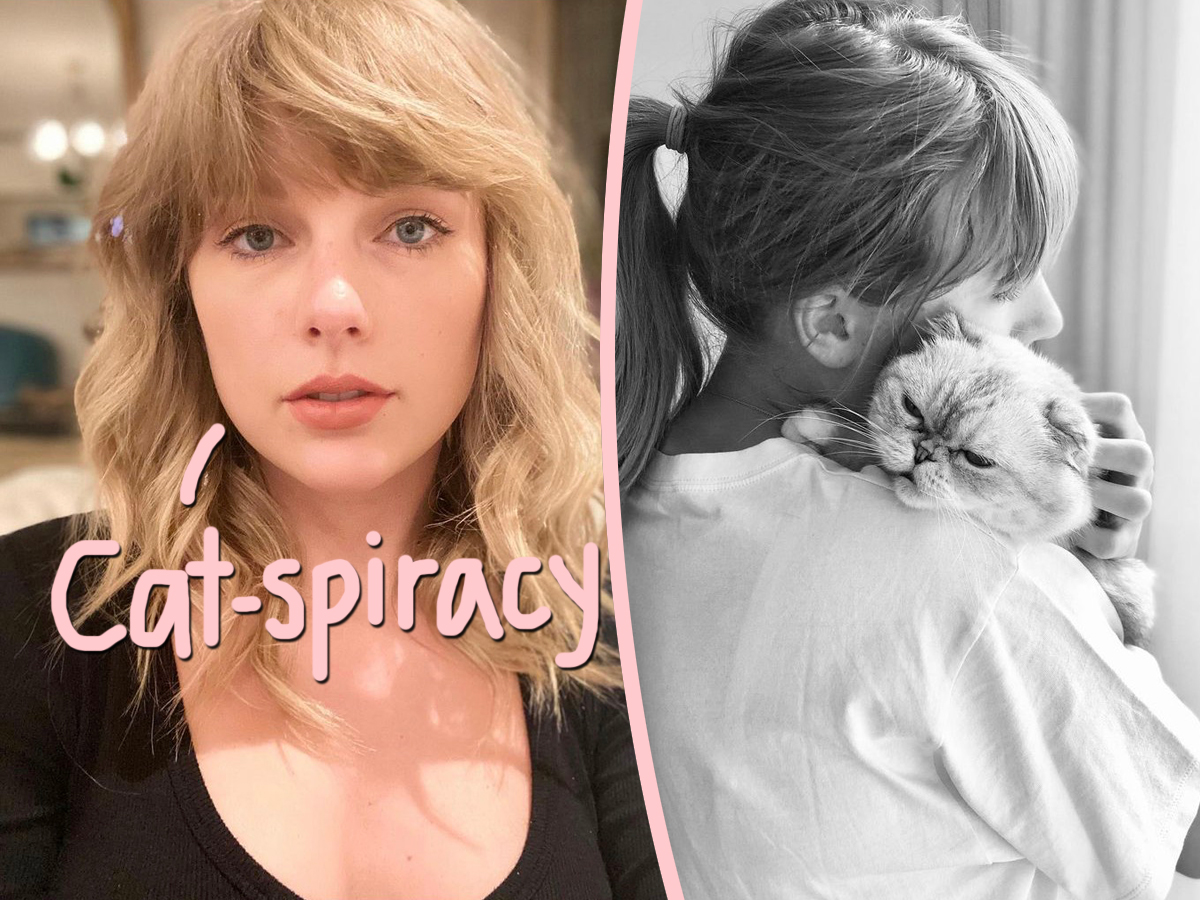#Hollywood Flashback: Buffy Sainte-Marie Was Oscar’s First Indigenous Winner

“Up Where We Belong,” from An Officer and a Gentleman, may now be a wedding standard, but back in early 1982 it was just a gorgeous tune floating through the mind of Canadian-American singer-songwriter Buffy Sainte-Marie.
“I wrote the melody at my piano, just playing music by myself for fun,” Sainte-Marie, 82, tells THR. “It just popped into my head like songs do.”
When composer Jack Nitzsche reached out to her to collaborate on the Officer score, she played him “my melody and hook and the bridge, but there were no words yet.” Director Taylor Hackford then enlisted lyricist Will Jennings, who watched a rough cut of the film. By the final scene — when Richard Gere’s naval officer scoops up Debra Winger’s factory worker — he’d formulated a ballad about love soaring to where “eagles cry on a mountain high.”
It was Hackford’s friend Gary George, former PR chief of Warner Bros. Records, who suggested his client Jennifer Warnes to sing it; and it was Warnes who came up with the idea to make it a duet with Joe Cocker. “Jack and I weren’t invited to the recording session, but whatever they did in there was magic,” says Sainte-Marie, who notes that producer “Stewart Levine’s perfect arrangement became a towering but totally natural duet.”
Paramount heads Michael Eisner and Don Simpson “hated the record and said it would never be a hit,” Hackford once said. But it spent 23 weeks on the Billboard Hot 100, including three at No. 1. It also won a best original song Oscar in 1983, making Sainte-Marie the first Indigenous artist to win one. (She is Piapot Cree Nation.)
“It’s pretty surreal to walk around Hollywood on Oscar night holding your own Academy Award while eating pizza,” she recalls. “It’s only been recently that anyone has mentioned that I was the first Indigenous Oscar winner. It took another 38 years for Taika Waititi — Maori from New Zealand — to win for Jojo Rabbit. And recently Wes Studi, who is Cherokee, received an honorary Oscar for his great body of work. Although Taika, Wes and I are each from unique and distant life experiences, all three of us are active supporters of other Indigenous artists who are telling our stories in film.”

This story first appeared in the May 31 issue of The Hollywood Reporter magazine. Click here to subscribe.
If you liked the article, do not forget to share it with your friends. Follow us on Google News too, click on the star and choose us from your favorites.
For forums sites go to Forum.BuradaBiliyorum.Com
If you want to read more Like this articles, you can visit our Social Media category.




